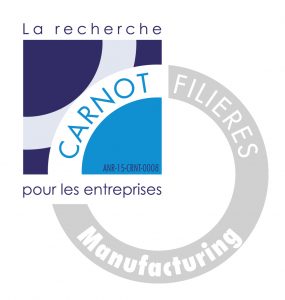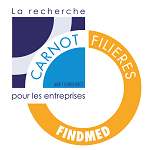Materials for transport
MATERIALS
The research carried out at the CBC Carnot Institute in the area of materials for transport opens new perspectives for this sector’s industries. The results contribute to gains in energy efficiency through the development of new materials and innovative fabrication processes, which reduce the weight, volume and complexity of terrestrial vehicles and aircraft. Studies of the durability of these materials under real operating conditions is another competence of the institute’s groups.
Power electronics, a key technology for transportation systems, is another focus of our research teams; by developing materials resistant to high temperatures loses are reduced.
NEED EFFICIENT SOLUTIONS FOR YOUR R&D PROJECTS IN TRANSPORTATION?
PROJETS LIÉS
–

Bulane: dyomix® technology is flying high
The new generation hydrogen flame!
EXEPERTISE AND
LINES OF RESEARCH
Metallic structures with resistance to high temperature, oxidation and corrosion, mechanical stress
Ageing of polymer-based materials
Composite hybrid materials with a polymer matrix
Brazing materials for power electronics
Substitution of heavy metals in electronics
Charged conducting resins
Transparent conductors; passive components
Components and connecting elements for electronics
Alloys of structural metals: mechanical behaviour and reactivity in complex environments
Materials for aircraft turbines and for energy production
Pollution control of automobile emissions
RESEARCH GROUPS
AND CONTACTS
–
Macromolecular Engineering and Architectures
–
- Controlled Polymerizations
- Polymers Bearing Heteroatoms
- Polymers, Unconventional Media, Dispersed Media and Self-Assembly
- Polymers and Composites from Renewable Sources
Ecole Nationale Supérieure de Chimie de Montpellier
8, rue de l’Ecole Normale
34296 Montpellier Cedex 5
France
–
Université de Montpellier
Place Eugène Bataillon
CC1702
34095 Montpellier Cedex 5
France
Nanocomposites and Carbon Nanotubes
–
- Synthesis, functionalisation and applications of carbon nanotubes, toxicity and environmental impact
- Development and characterization of of microstructured or achirecture-controlled metal or ceramic-matrix nanocomposites
- Sintering technique using Spark Plasma Sintering
Université Toulouse 3 – Paul Sabatier
Bâtiment CIRIMAT
118 Route de Narbonne
31062 Toulouse Cedex 09
France
Mechanics, Microstructure, Oxidation, Corrosion
–
- Solidification, phase transitions, solid state diffusion, mechanical behavior
- High-Temperature Oxidation and Protection
- Corrosion: aqueous corrosion, stress corrosion cracking
Université Toulouse 3 – Paul Sabatier
Bâtiment CIRIMAT
118 Route de Narbonne
31062 Toulouse Cedex 09
France
Mixed Valence Oxides
–
- Nanoparticles or micronic powders
- Solid-state or thick-layered ceramic, conventionally or SPS sintered
- RF-sputtering supported and prepared thin films
Université Toulouse 3 – Paul Sabatier
Bâtiment CIRIMAT
118 Route de Narbonne
31062 Toulouse Cedex 09
France
Polymer Physics
–
- Development of submicronic hybrid composites with electroactive properties
- Connective tissue
- Bioinspired composites
- Structural adhesion of polymers
- Ageing in complex environment
- Stress transfer: sizing for TP matrix/ carbon fiber composites
Université Toulouse 3 – Paul Sabatier
Bâtiment CIRIMAT
118 Route de Narbonne
31062 Toulouse Cedex 09
France
Surfaces: Reactivity and Protection
–
- Implementation of CVD Processes
- Characterization of coatings using conventional and specific techniques
- Modelling of the growth stages of films
Université Toulouse 3 – Paul Sabatier
Bâtiment CIRIMAT
118 Route de Narbonne
31062 Toulouse Cedex 09
France
Coatings and Surface Treatments
–
- Synthesis and Shaping of functional materials
- Advanced surface treatments
- Characterization of elaborated coatings or transformed surfaces functional properties
- Electrochemistry and physico-chemistry of interfaces
Université Toulouse 3 – Paul Sabatier
Bâtiment CIRIMAT
118 Route de Narbonne
31062 Toulouse Cedex 09
France
R&D EXPERTISE IN CHEMISTRY, MATERIALS AND PROCESSES
Oversight research institutions:

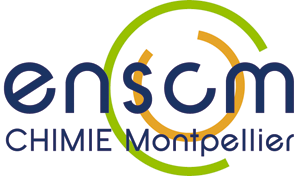

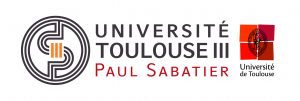
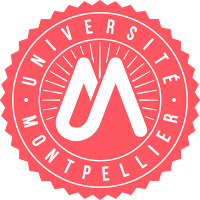
4 institutes:
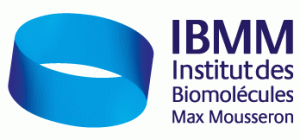
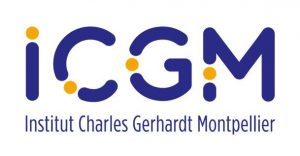
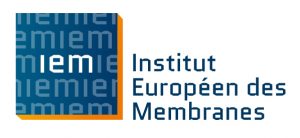
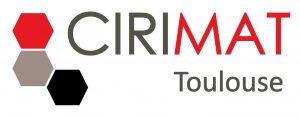
Inscrit dans les filières
d’excellence de l’Institut Carnot :
